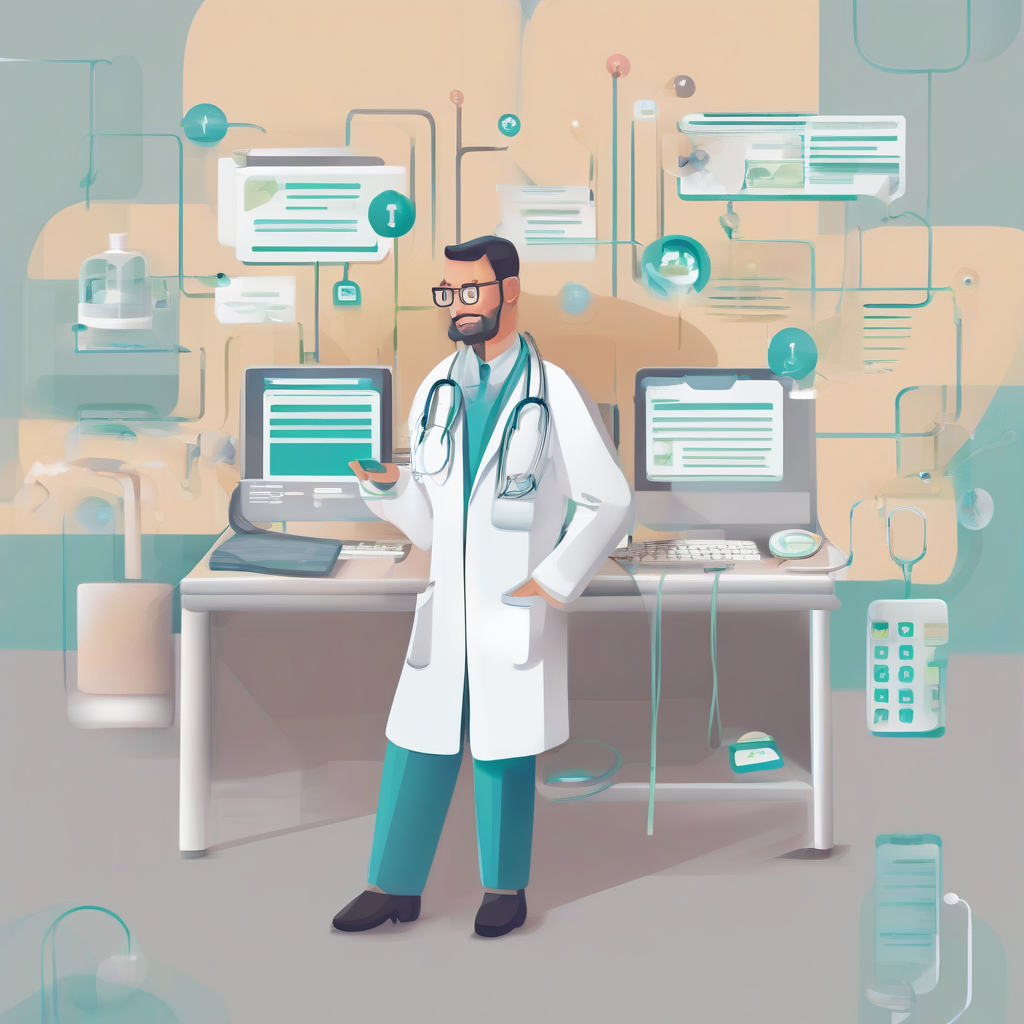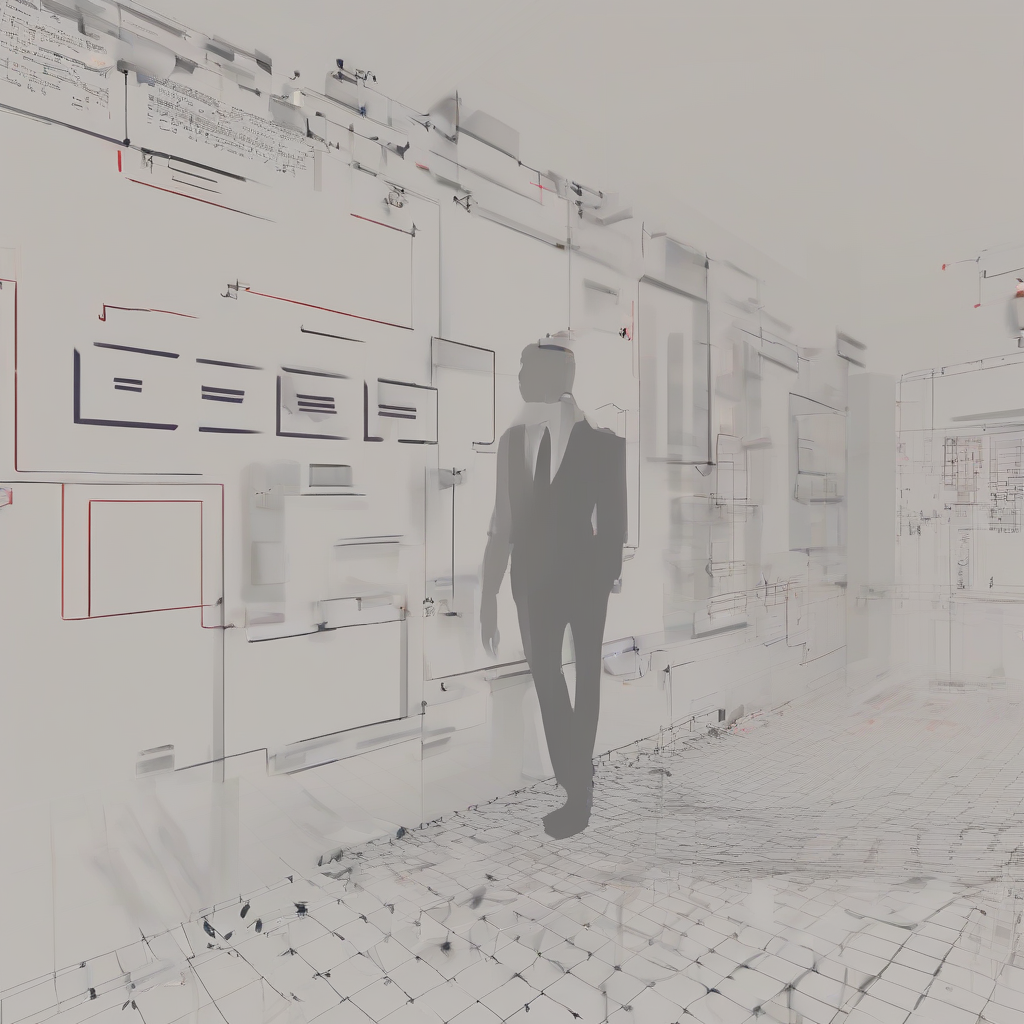Healthcare ERP Solutions: Streamlining Operations for Better Patient Care

Healthcare ERP Solutions: Streamlining Operations for Better Patient Care
Introduction
In today's dynamic healthcare landscape, providers face numerous challenges, including rising costs, increasing regulatory complexity, and the growing demand for enhanced patient experiences. To address these challenges, healthcare organizations are increasingly turning to Enterprise Resource Planning (ERP) solutions tailored specifically for their needs. Healthcare ERP solutions offer a comprehensive suite of integrated applications that streamline operations, improve efficiency, and ultimately enhance patient care.
What is a Healthcare ERP Solution?
A healthcare ERP solution is a centralized system that integrates various aspects of a healthcare organization's operations, including:
- Patient Management: Patient demographics, medical history, appointments, and billing information are securely managed in a single system.
- Financial Management: ERP solutions automate financial processes like billing, claims processing, and accounts receivable, providing real-time insights into financial performance.
- Supply Chain Management: Inventory control, procurement, and distribution of medical supplies are streamlined, ensuring timely availability of essential resources.
- Human Resources: Employee management, payroll, and talent acquisition are integrated into the ERP system, simplifying HR processes.
- Clinical Operations: Electronic health records (EHRs), laboratory results, and other clinical data are seamlessly integrated, enabling efficient data sharing and decision-making.
- Analytics and Reporting: Healthcare ERP solutions provide powerful tools for data analysis and reporting, enabling organizations to gain insights into operational performance and identify areas for improvement.
Key Benefits of Healthcare ERP Solutions
Implementing a healthcare ERP solution offers numerous advantages, including:
Improved Efficiency and Productivity
- Automation: ERP solutions automate repetitive tasks, freeing up staff to focus on more critical responsibilities like patient care.
- Streamlined Processes: Integration of different departments and functions eliminates data silos and reduces manual processes.
- Real-Time Data: Access to real-time data enables timely decision-making and improved operational efficiency.
Enhanced Patient Care
- Improved Patient Experience: Seamless access to patient information and simplified administrative processes enhance patient satisfaction.
- Better Coordination: Improved communication and collaboration among healthcare professionals lead to more effective patient care.
- Reduced Errors: Automated processes minimize errors and ensure patient safety.
Financial Performance
- Cost Savings: Streamlined processes, reduced paperwork, and optimized inventory management lead to significant cost savings.
- Improved Revenue Cycle Management: Automated billing and claims processing improve revenue collection and reduce delays.
- Enhanced Financial Transparency: Real-time financial insights provide a clear picture of the organization's financial health.
Regulatory Compliance
- Data Security: Robust security features protect sensitive patient information and ensure compliance with regulations like HIPAA.
- Audit Trail: ERP solutions track all changes and transactions, simplifying audits and demonstrating compliance.
- EHR Integration: Integration with EHR systems ensures compliance with Meaningful Use requirements and other regulations.
Selecting the Right Healthcare ERP Solution
Choosing the right ERP solution is crucial for success. Consider the following factors:
1. Size and Complexity of the Organization
The size and complexity of the organization will dictate the features and functionality required in an ERP system. Smaller clinics may need a simpler solution compared to large hospitals with multiple departments.
2. Specific Business Needs
Identify the key areas where you need improvement, such as patient management, financial operations, or supply chain management. Choose a solution that addresses your specific business requirements.
3. Integration with Existing Systems
Ensure the ERP solution seamlessly integrates with your existing systems, such as EHR, billing software, and other essential applications.
4. Budget and Implementation Costs
Consider the initial cost of the software, implementation costs, and ongoing maintenance fees.
5. Vendor Support and Training
Choose a vendor that offers robust support, training, and ongoing maintenance to ensure a smooth implementation and ongoing success.
Implementation Considerations
The success of an ERP implementation depends on careful planning and execution. Here are key considerations:
1. Project Management
Assign a dedicated project manager to oversee the implementation process and ensure it remains on schedule and within budget.
2. User Training
Provide comprehensive training to all users to ensure they understand how to use the new system effectively.
3. Data Migration
Carefully migrate data from existing systems to the new ERP platform, ensuring data integrity and accuracy.
4. Go-Live Strategy
Develop a phased go-live strategy to minimize disruptions to operations and ensure a smooth transition.
5. Ongoing Support and Maintenance
Establish a plan for ongoing support and maintenance to address user issues, update software, and ensure the system remains optimized.
Conclusion
Healthcare ERP solutions are essential tools for modern healthcare organizations seeking to streamline operations, enhance patient care, and improve financial performance. By leveraging the power of integration, automation, and data analytics, healthcare providers can overcome challenges and deliver exceptional patient experiences. Careful selection, implementation, and ongoing support are crucial for maximizing the benefits of a healthcare ERP solution.
What's Your Reaction?
















